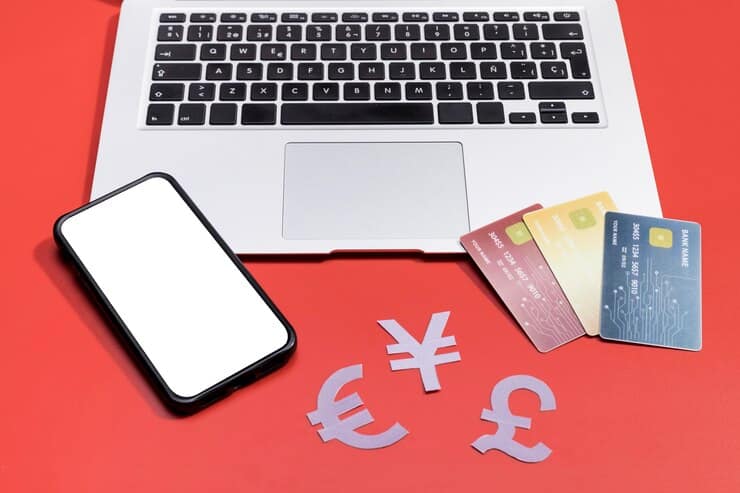
Navigating the myriad options to send money overseas can be a daunting task in today’s fast-paced and digitally connected world. With a multitude of methods available, each boasting its advantages and intricacies, finding the optimal solution aligning with your needs is crucial.
From traditional entities like Western Union and bank transfers to innovative digital platforms and emerging consolidated gateways, exploring the best way to send money abroad involves understanding diverse options and their unique benefits.
Western Union: Maintaining Tradition
Western Union persists as a dominant choice due to its reliance on cash transactions. Despite the rise of digital alternatives, its appeal lies in physical branch visits, particularly in areas lacking robust digital infrastructure. However, longer delivery times and potential higher fees for expedited services have slightly diminished its popularity compared to newer options.
Bank Transfers: Prioritizing Security
Bank transfers remain favored by those valuing transaction security and trust. The inherent security measures offered by banks reassure individuals and businesses, albeit with longer processing times and higher associated fees.
Online Platforms: Swift Digitalization
Platforms like PayPal, TransferWise, and Skrill gained immense popularity for their swift transaction execution. Instantaneous digital transfers attract users seeking quick and hassle-free international money transfers. However, limitations on using received funds primarily within the platform might deter some users.
Mobile Payment Apps: Growing Preference
Mobile payment apps are rapidly gaining traction, especially among smartphone users. With user-friendly interfaces and a range of features including international transfers, bill payments, and prepaid card access, these apps have become go-to solutions for convenience and cost-effectiveness.
Consolidated Payment Gateways: Shaping Business Transactions
Consolidated payment gateways, less known among individual users, are rising in popularity in the business realm. Their adaptability across various transaction types, notably in B2B scenarios and large-scale business payroll management, showcases their emerging role as versatile financial solutions.
Learn more about B2B transactions and global navigation.
Exploring Overseas Money Transfer Options
- Cryptocurrency Transfers: Swift and often with lower fees, cryptocurrency transfers require familiarity with blockchain technology;
- International Money Orders: Ensuring guaranteed payment, international money orders suit smaller sums of money;
- Peer-to-Peer (P2P) Services: Services like Venmo and Zelle enable quick fund transfers between individuals without extra fees.
Conclusion
An array of international money transfer options, from traditional ones like Western Union and bank transfers to modern digital platforms and consolidated payment gateways, offer various advantages. Each method caters to different preferences, emphasizing factors like speed, security, cost-effectiveness, and ease of use.
The evolution of these methods continuously shapes the global financial landscape, providing diverse avenues for secure and efficient international money transfers.